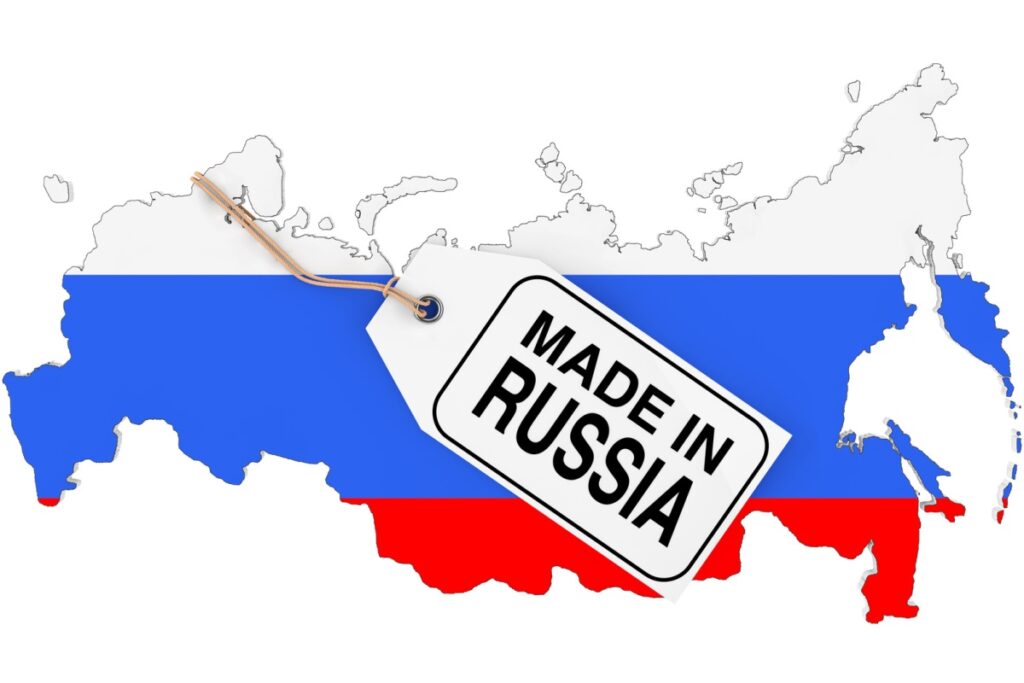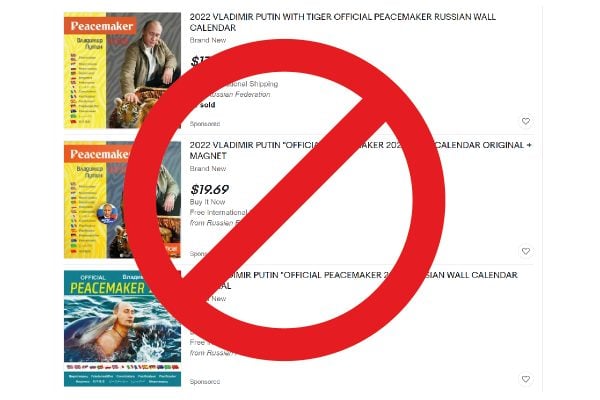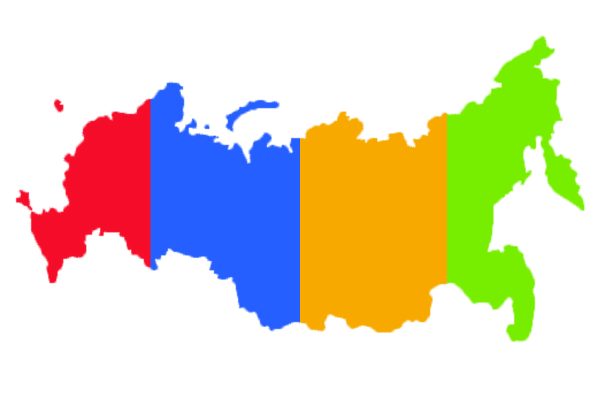“Russian companies see the challenge of competing with international giants,” is how the CEO of new Russian marketplace pins the position of Russian ecommerce players in the global marketplace industry.
Speaking to Tamebay, Vladimir Stupnikov, CEO of SPUTNIK marketplace starts describing the development of the Russian ecommerce market. He aptly names it – young but promising in growth.
Citing a study by Morgan Stanley, Vladimir says the next four to five years will expand the Russian ecommerce market by more than two-fold. It will boast an estimated value of 3.491 trillion roubles in 2023. He puts down this phenomenon to the increasing Internet adoption in the country. Some 80% of the Russian population are already active users of the web.
Vladimir says that Russia has already reached a critical level of ecommerce trading. It’s ripe to accept new sellers with unique USPs. The last three years saw small Russian businesses solidifying their position as leaders and disruptors in the field. He says that many offline businesses are capitalising on the growing demand of the omnichannel experiences to offer shoppers the synergy of the online and physical shopping journey.
The difficulty to outmanoeuvre the overseas competition
When asked how difficult it is for non-Russian sellers to enter the largest country in the world by area, he diverts the attention to the challenge of competing with overseas companies.
He attributes the difficulty for Russian businesses to outmanoeuvre the overseas competition to the limited financial resources. He describes this phenomenon as a lack of technological innovations in Russia. Vladimir says that foreign sellers enter the Russian market with the tools and services that automate manual processes. However, he says that Russia places stakes on the knowledge of native consumers. This traditional customer-centric approach still remains a competitive advantage against the rivalry.
How different are western buyers to Russian?
Vladimir says there is no doubt that Russian and western buyers are different. The differences in shopping habits in Russia are based on a demographic segmentation akin to Chinese city tier system. It reflects differences in consumer shopping behaviour, income level, population size, consumer sophistication, infrastructure, talent pool, and business opportunity.
This bureaucratic classification sees the standard of living in Russian megalopolises significantly higher than in cities located far from Moscow. He says that online culture in suburban areas is non-existent. He puts this down to the preservation of traditional shopping habits in Russia. A prime example is that the preferred payment method of the majority of suburban shoppers is cash. Vladimir views this part of Russia as uncharted territory. It’s an opportunity for international merchants to woo the Russian market with technological innovation.









